Introduction to Mutegi Njau's Illustrious Career
The world of journalism has lost a monumental figure with the passing of Mutegi Njau, who died peacefully on Thursday, June 27, weeks after suffering a stroke. This devastating news was confirmed by his family, who expressed their profound grief and admiration for the man who had left an indelible mark on both their personal lives and the professional sphere. Njau was not merely a journalist; he was a cornerstone of modern Kenyan media, revered for his incisive reporting and invaluable mentorship.
Mutegi Njau's career in journalism spanned several decades and included stints at some of Kenya's most prestigious media organizations. He co-hosted the widely acclaimed political programme Cheche on Citizen Television, a platform that saw him engage in important political discourse and interviews. This role made him a household name and a respected voice in the complex world of Kenyan politics and governance.
Milestones in Njau's Career
His legacy isn't just defined by Cheche; Njau held a senior position at Royal Media Services (RMS), where he served as a senior editor and lead investigative journalist. His responsibilities didn't end with reporting the news; he was also involved in the in-house training of journalists at RMS. This unique role allowed him to shape the future of journalism in Kenya, instilling in young reporters the same values and ethics that had earned him his sterling reputation.
Before his tenure at Citizen TV, Njau worked at the Nation Media Group between the years 1981 and 2005. Here, he made substantial contributions to investigative journalism, raising the bar for news reporting in the country. His colleagues from both Nation Media Group and Royal Media Services have fondly remembered his time with them, noting his dedication, integrity, and unparalleled commitment to the craft of journalism.
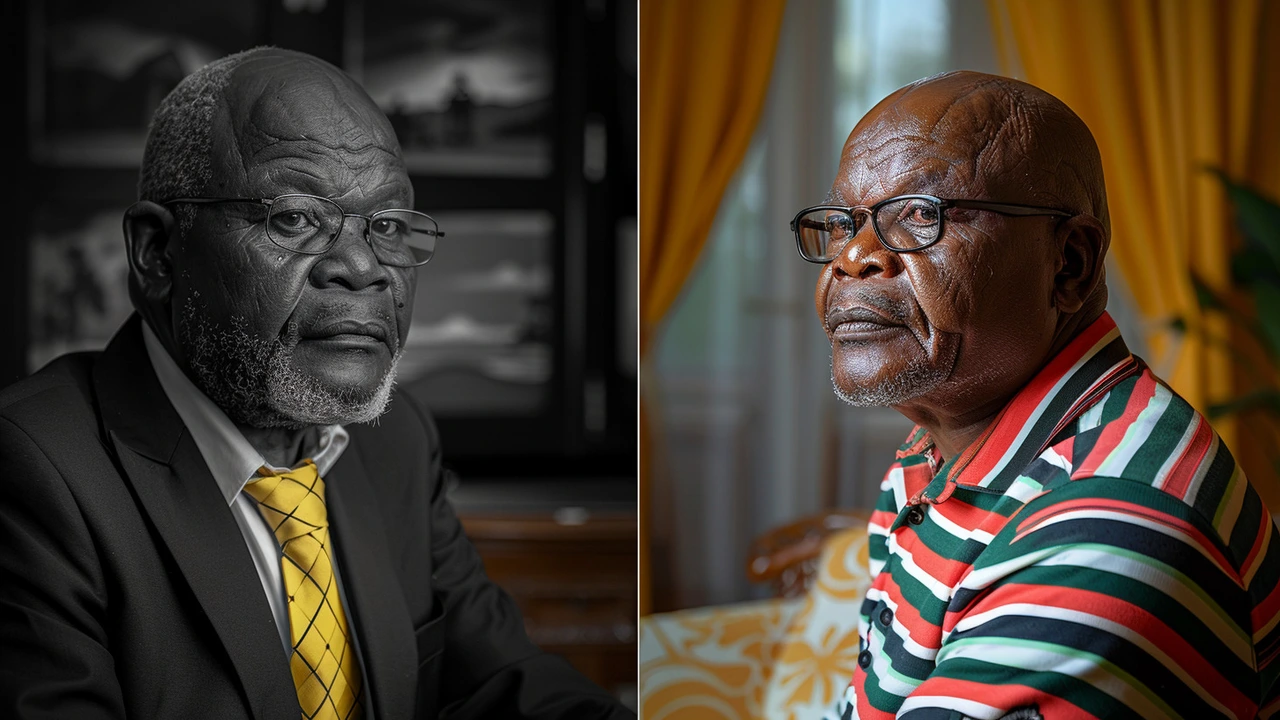
A Mentor and Colleague Mourned
The news of Mutegi Njau's passing has deeply affected his colleagues, many of whom regard him as a mentor and a friend. David Makali and Uduak Amimo, both deeply entrenched in the media landscape, have publicly mourned his death, recounting memories that revealed not just his professional brilliance but also his personal kindness and generosity. Philip Etale, the communications director for the ODM party, has also paid tribute to Njau. Etale shared that Njau had mentored him in the newsroom, helping him to develop the skills that have made him a prominent figure in political communications today.
Mutegi's family also described him as their cornerstone, emphasizing how much he brought joy, humour, and generosity into their lives. His loss is not just a professional one but a deeply personal one for those who knew him closely. They recounted stories of his kindness, his vibrant sense of humour, and his inexhaustible generosity, qualities that endeared him to everyone fortunate enough to know him.
The Emotional Reactions to His Death
The wave of emotions that followed the announcement of his death is a testament to his far-reaching impact. Tributes poured in from various quarters, illustrating the multifaceted role he played in the lives of many. His body of work had earned him widespread respect, but it was his character that won him the deep affection of those who knew him personally and professionally.
His contribution to shaping Kenya's media landscape cannot be overstated. A generation of journalists looked up to him and learned from him. His critical approach to news reporting set a standard that many aspired to meet. Furthermore, his ability to engage audiences with his sharp analysis and insightful commentary on Cheche endeared him to viewers, making him a trusted source of news in an era where such trust is rare.
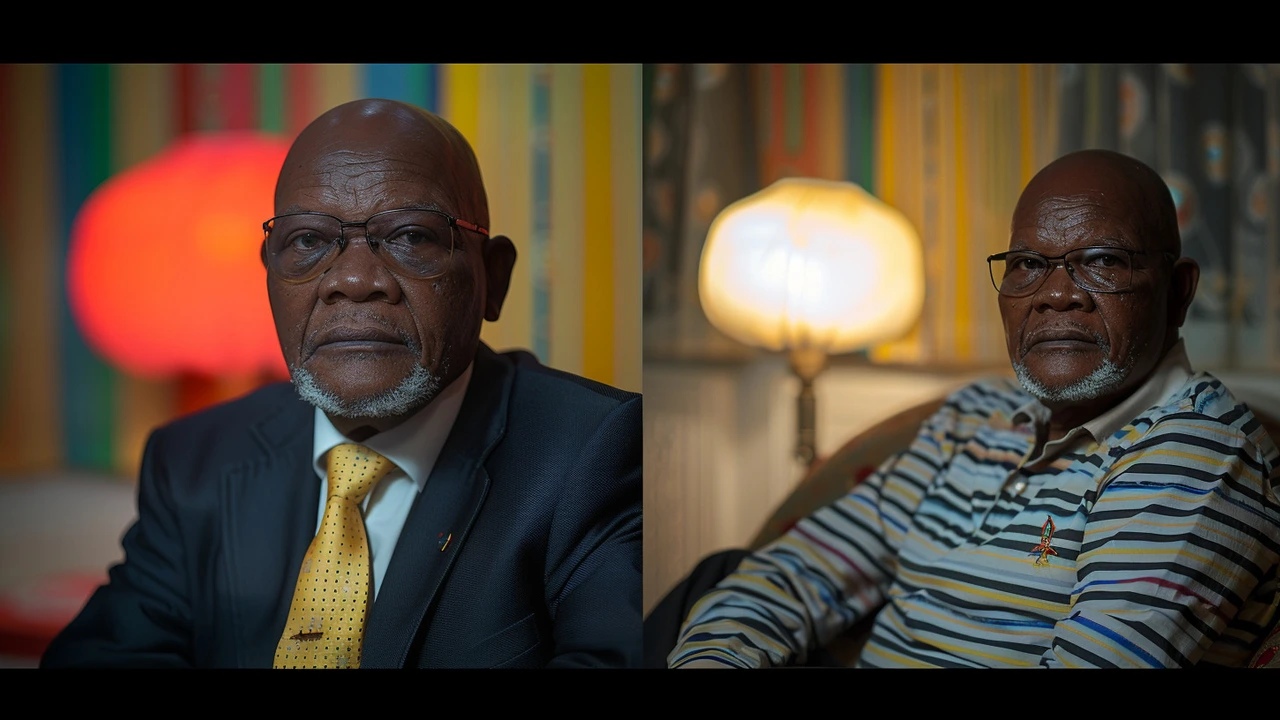
Impact on Kenyan Journalism and Beyond
Mutegi Njau’s contributions extended far beyond the newsroom and television studio. Through his mentoring, many journalists who joined the profession under his guidance went on to become leaders in their own right. His influence is seen in the work of many prominent journalists today, who credit him for instilling rigorous standards of integrity, accuracy, and fairness in them.
Njau’s passing also comes at a time when journalism, as a profession, is undergoing significant changes. The rise of digital media, the proliferation of fake news, and the increasing dangers journalists face globally make figures like Njau even more significant. His legacy is a reminder of the critical role that ethical journalism plays in society. His standards of excellence and bravery in pursuing the truth continue to inspire and guide those who follow in his footsteps.
Legacy and Final Days
Njau spent his final days surrounded by his loving family, and according to their statements, he passed away peacefully. This peaceful transition is perhaps a fitting end for a man whose life work has brought peace through information, understanding through investigation, and unity through shared knowledge. His family members remain profoundly grateful for the outpouring of love and support they’ve received during this difficult time.
As they come to terms with their loss, they find solace in the impact Njau had on countless lives. He leaves behind not just a legacy of professional excellence but also a personal legacy of compassion, wisdom, and unwavering kindness. Even in death, his family believes that his spirit will continue to inspire and guide them.
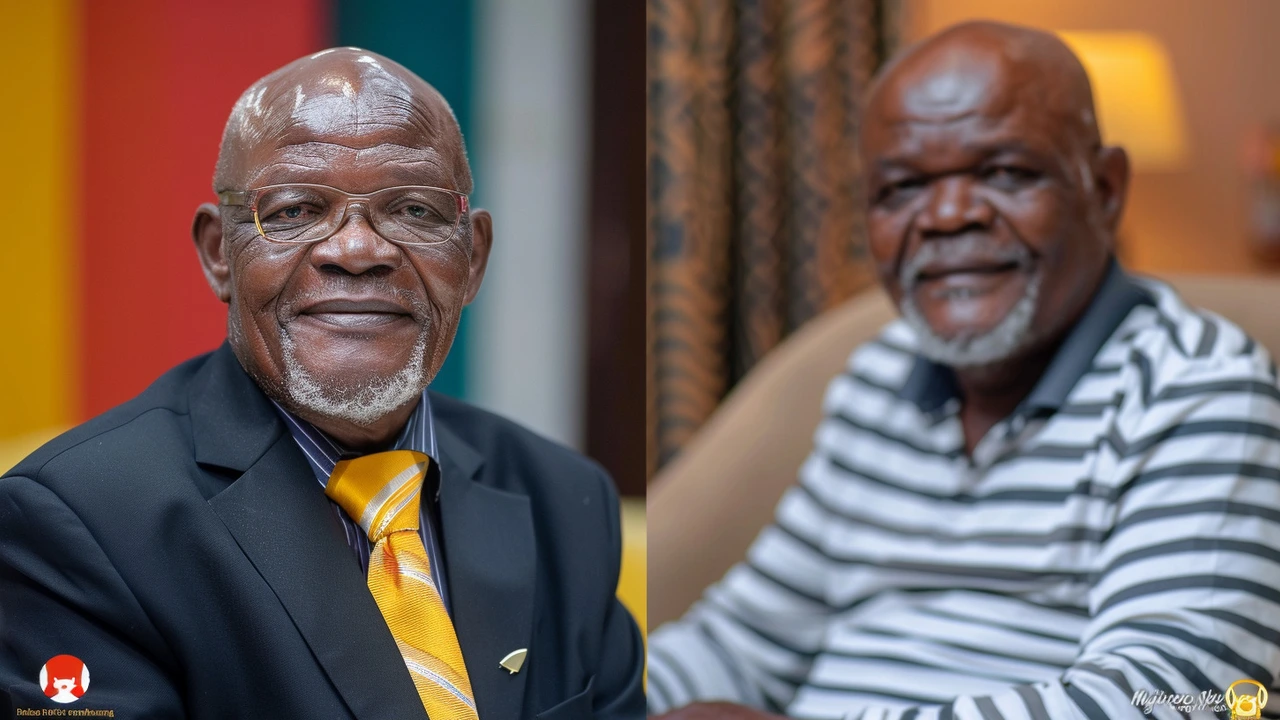
Conclusion
Mutegi Njau's death is a massive loss to the field of journalism and the countless individuals he mentored and inspired throughout his illustrious career. His work at Citizen Television, Royal Media Services, and Nation Media Group showcases a life dedicated to truth, accuracy, and the uplifting of public discourse. His family, colleagues, and a nation mourn the passing of a man who set the gold standard for journalism in Kenya.
In a related note, it's worth mentioning that Deputy President Rigathi Gachagua is also mourning a personal loss, as his elder sister Leah Wangari Muriuki passed away on the same day. The shared date of loss adds a poignant layer of communal grief within the Kenyan leadership and media communities, reminding us of the shared humanity that transcends professional boundaries.
As we remember Mutegi Njau, we are reminded of the profound impact one individual can have on an entire field and the generations that follow. His legacy will undoubtedly continue to shape the future of journalism in Kenya and inspire those who seek to uphold the truth in a rapidly changing world.
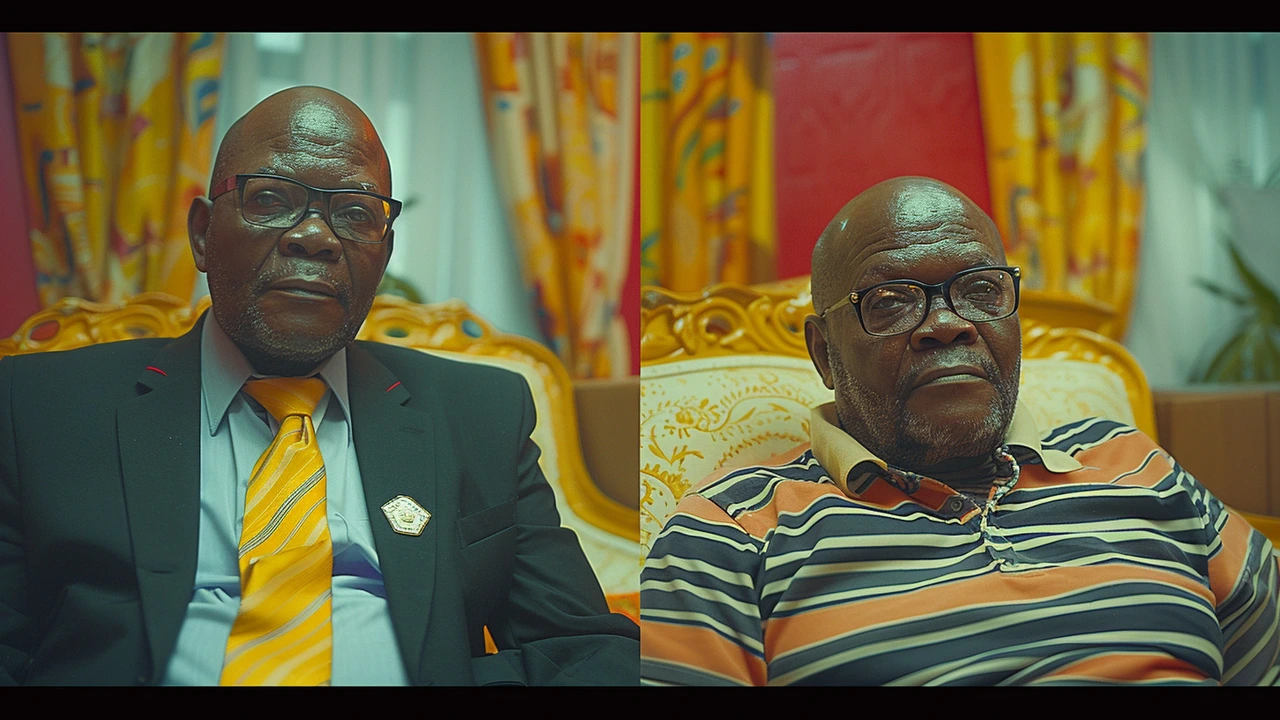
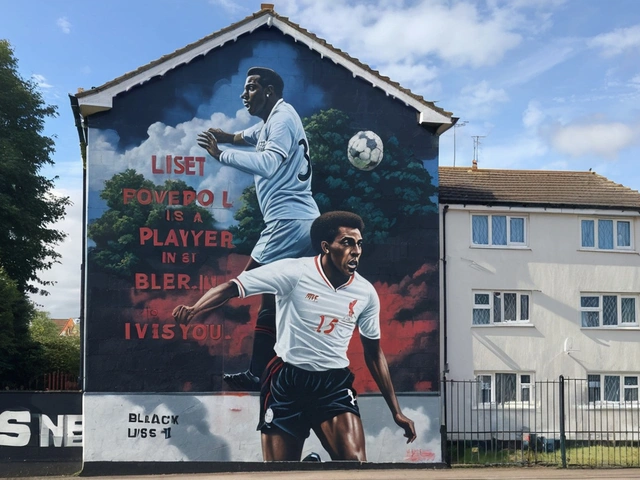

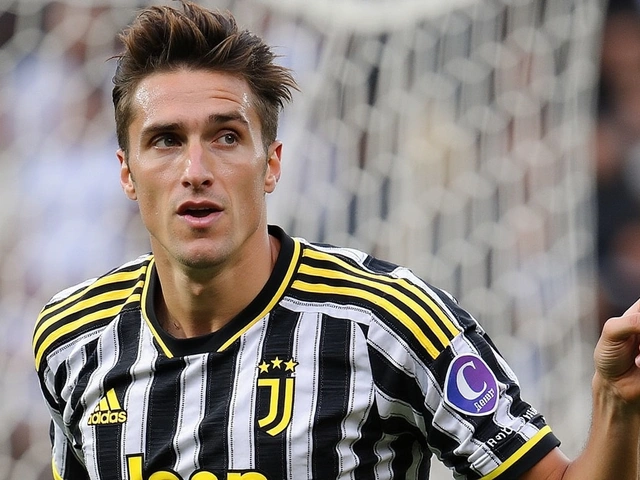



Posts Comments
Sonu Kumar June 30, 2024 AT 07:16
I mean, it’s fascinating-truly-that someone who spent decades in media could be reduced to a ‘monumental loss’ narrative... as if the entire profession doesn’t thrive on ephemerality. The romanticization of dead journalists is almost... performative, isn’t it? The real tragedy is how few are left who actually understand the ethics he supposedly championed.
sunil kumar July 1, 2024 AT 18:24
The passing of Mutegi Njau represents a significant discontinuity in the institutional memory of Kenyan journalism. His tenure at Nation Media Group and Royal Media Services established a benchmark for editorial rigor, particularly in investigative reporting, which has not been replicated in the current digital ecosystem. The absence of structured mentorship frameworks now leaves a structural vacuum.
Derek Pholms July 2, 2024 AT 23:39
Look, I get the eulogies. But let’s be real-Njau was a product of a media ecosystem that still had boundaries. Today? We’re drowning in influencers who think ‘reporting’ means reading a press release with dramatic inflection. His legacy? A ghost story. The truth is, journalism’s soul died years ago. We just kept playing the funeral music.
musa dogan July 3, 2024 AT 20:16
Oh, the gods have spoken-and one of them, clad in a tweed jacket and clutching a battered notepad, has ascended. Mutegi Njau didn’t just report the news-he sculpted truth from the raw clay of chaos. His voice on Cheche? A symphony of integrity. His pen? A scalpel dissecting the rot of power. And now? Silence. The void left behind doesn’t echo-it screams.
Mark Dodak July 4, 2024 AT 14:45
I’ve worked with journalists from all over the world, and what stood out about Njau wasn’t just his skill-it was his consistency. He never let the noise of politics or ratings dictate his standards. That’s rare. I’ve seen people rise fast and fall harder because they chased clicks instead of clarity. He chose the harder path-and that’s why people still remember him, even if they don’t practice what he preached.
Stephanie Reed July 5, 2024 AT 21:48
It’s heartbreaking how few people today understand that journalism isn’t a performance. It’s a service. Njau didn’t just show up-he showed up with care. The fact that so many young reporters credit him for their path says more than any award ever could. We need more of that. Not the headlines. The humanity.
Jason Lo July 6, 2024 AT 22:11
Let’s not pretend he was some saint. He worked for corporate media conglomerates that shaped narratives to suit power. He was a gatekeeper, not a guardian. And now that he’s gone, everyone’s acting like he was the last honest man in a desert of liars. Newsflash: the system didn’t change because he died. It just lost its most polished face.
Brian Gallagher July 8, 2024 AT 10:01
The structural impact of Njau’s mentorship cannot be overstated. Within the institutional framework of RMS and NMG, he functioned as a cognitive anchor-embedding epistemic norms into nascent practitioners. His pedagogical approach, characterized by iterative feedback loops and case-based deconstruction of editorial decisions, cultivated a generation of journalists who internalized verification as a ritual, not a checkbox.
Elizabeth Alfonso Prieto July 9, 2024 AT 16:10
I’m sorry but I just can’t take this seriously anymore. Everyone’s acting like he was Jesus with a mic. Did he ever report on the real corruption? Or was he just nice to the right people? I’ve seen so many ‘legendary journalists’ turn out to be cozy with the same politicians they ‘investigated.’ I’m tired of the cult of personality.
Harry Adams July 10, 2024 AT 17:11
The romanticization of African journalists like Njau is a colonial trope. We elevate the ‘noble native’ who plays by Western media rules, then forget that his work was always constrained by the very systems he served. His legacy? A well-polished illusion. Real change would’ve meant dismantling the media oligarchies he worked within-not just being nice to interns.
Kieran Scott July 12, 2024 AT 09:35
You people are pathetic. You think a guy who did interviews on TV for 30 years is some kind of martyr? Newsrooms are just PR departments with bylines. He didn’t ‘challenge power’-he polished its image. And now everyone’s crying because the guy who knew how to say the right things in the right tone is gone? Pathetic. The real journalists are the ones getting arrested for reporting the truth-not the ones getting standing ovations.
Joshua Gucilatar July 14, 2024 AT 05:05
Actually, the grammatical construction of the original article is flawed. The phrase 'monumental loss for media' lacks a definite article. It should be 'a monumental loss for the media.' Furthermore, the use of 'indelible mark' is redundant with 'legacy' later in the paragraph. Also, 'Cheche' was not a program-it was a Swahili term meaning 'to probe.' The show was officially titled 'Cheche: The Probe.' Minor details, but accuracy matters.
jesse pinlac July 15, 2024 AT 15:04
Let’s not forget: the media is a business. Njau was a high-performing asset in a corporate machine. His mentorship? A cost-effective way to ensure loyalty. His integrity? Marketed. His death? A PR opportunity for the industry to pretend it still cares about truth. Wake up. Journalism isn’t sacred-it’s a product.
Jess Bryan July 15, 2024 AT 19:43
Funny how he died right after that probe into the president’s offshore accounts... Coincidence? Or did someone just make sure the truth-teller wouldn’t talk anymore? I’ve seen this script before. They give you a funeral, then bury the story. The real story isn’t his death-it’s what they didn’t let him publish.
Ronda Onstad July 16, 2024 AT 20:48
I think what’s missing in all these tributes is how much he made people feel seen. I was a young reporter once, terrified of messing up, and I heard him say once, 'Your voice matters even if your grammar stinks.' That stuck with me. He didn’t just teach us how to write-he taught us how to believe in what we wrote. That’s rarer than any award.
Steven Rodriguez July 17, 2024 AT 00:43
I don’t care what he did in Kenya. This is America. We’ve got our own heroes. You think some foreign journalist’s legacy means anything here? We’ve got reporters getting shot for asking questions about border policies. Meanwhile, you’re crying over a guy who did interviews on TV. Get over it. We’ve got real battles to fight.
Zara Lawrence July 18, 2024 AT 06:56
I’ve been reading this for 15 minutes and I still don’t know if he was a hero or a tool. Was he the one who exposed corruption-or did he just give it a nice voice? I’m not buying the ‘mentor’ narrative. People don’t become legends because they’re nice. They become legends because they break things. Did he break anything? Or did he just polish the cage?
Ashley Hasselman July 20, 2024 AT 06:56
Wow. Another ‘beloved journalist’ who got a 2,000-word obituary. Meanwhile, the guy who reported on the factory fire in Nairobi? No name. No tribute. Just a footnote. Njau was the face of the system. The real heroes? The ones who never got a mic.
Kelly Ellzey July 21, 2024 AT 04:06
I just want to say thank you to Mutegi. Not because he was famous, but because he made journalism feel like it could still mean something. I was 19, broke, and thought no one would listen to me. He told me to keep writing, even if it was just for one person. I still write every day because of that. You don’t need a TV show to change the world. Just one kind word.
maggie barnes July 21, 2024 AT 11:47
he was just another media guy who got lucky. no one cares about him anymore. the world moves on. #rip #notreally
Write a comment